With its focus on online content creation and field-based exploration, the Lupi EcoClubs programme is taking nature-based education to the next level.
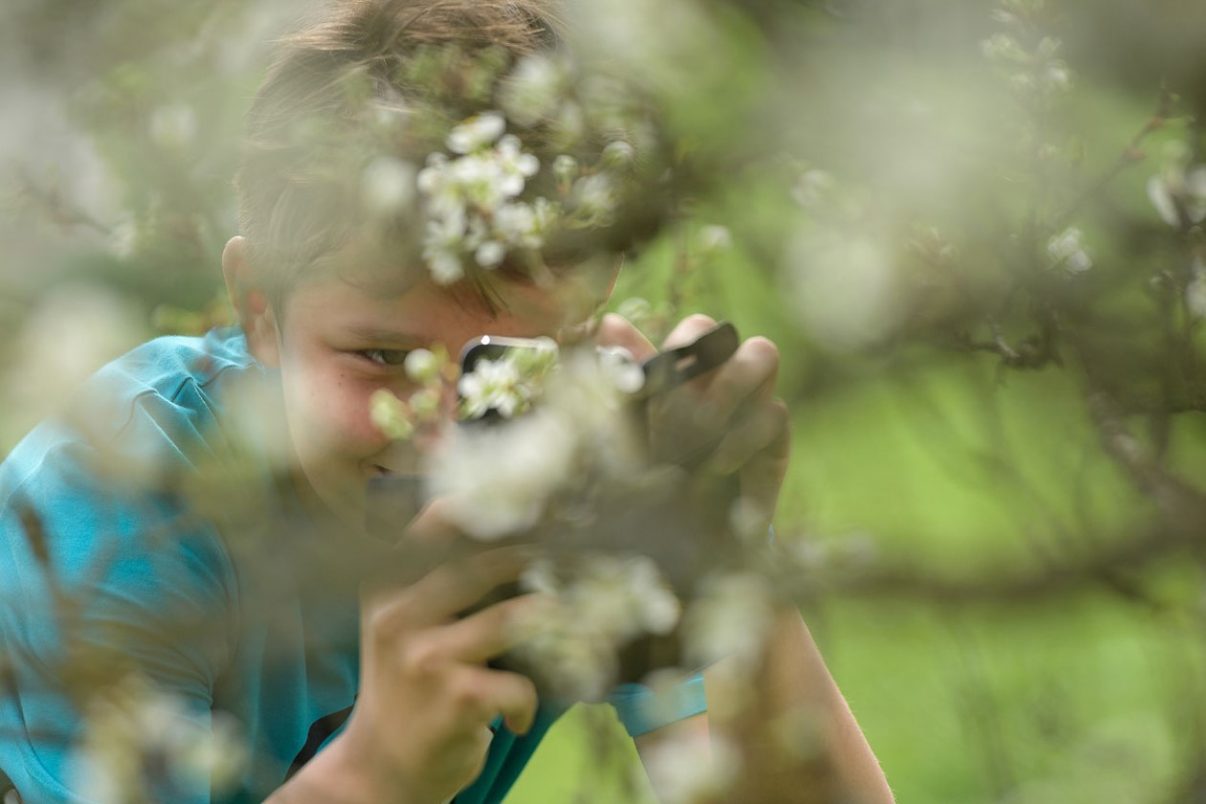
Making the connection
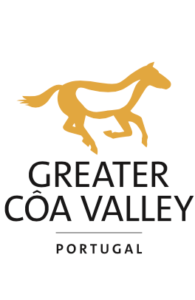 Connecting young people with wild nature can inspire them to conserve and enhance it, as well as improve their health and wellbeing. A new education programme in the Greater Côa Valley rewilding area in northern Portugal, called “Lupi EcoClubs”, is helping local schoolchildren to form a bond with nature, as well as teaching them about rewilding and how people can live alongside wildlife.
Connecting young people with wild nature can inspire them to conserve and enhance it, as well as improve their health and wellbeing. A new education programme in the Greater Côa Valley rewilding area in northern Portugal, called “Lupi EcoClubs”, is helping local schoolchildren to form a bond with nature, as well as teaching them about rewilding and how people can live alongside wildlife.
The Lupi EcoClubs programme is designed for children aged between 10 and 14. Kicking off in October 2020, it has its own special mascot called Lupi.
Developed by members of the Rewilding Portugal team and local partner ATNatureza, the new programme is helping to raise awareness of ongoing rewilding measures to support Iberian wolf populations in and around the Greater Côa Valley rewilding area.
“The overall aim of the programme is to get the children interested in the amazingly diverse nature that is right on their doorstep,” says Rewilding Portugal communications officer Fernando Teixeira. “And by becoming familiar with nature, they learn to value it and want to protect it.”
Innovative setup
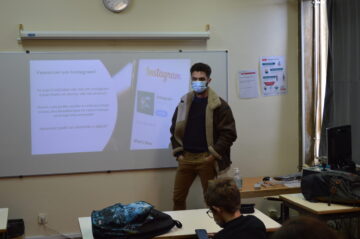
The ongoing Covid-19 pandemic, which has had a major impact on the way schools in Portugal and across the world operate, played a role in determining the innovative nature of the Lupi EcoClubs programme. Faced with the reality that many schoolchildren would be studying at home, the Rewilding Portugal and ATNatureza team developed a series of online classes and videos, enabling those students not in school to engage in remote learning. Going forwards members of the Rewilding Portugal team will contribute to the classes by sending videos and photos from the field.
Social creation

The Lupi EcoClubs programme also harnesses the universal appeal of social media, especially to younger people. All programme participants can access a common Instagram account (@lupiecoclubes), which they can use whenever they need to carry out tasks and challenges – these include everything from posting nature photos and videos to taking part in nature-related quizzes that encourage the children to explore, observe and create. These challenges are regularly updated throughout the year.
“The creation of online material helps to raise awareness of wild nature and makes the children enthusiastic to learn about it,”, says Fernando Teixeira. “It also shows the wider community how rewilding is helping young people to develop. The children are able to easily share their work and everyone else can learn, compliment and provide support.”
Fun in the field
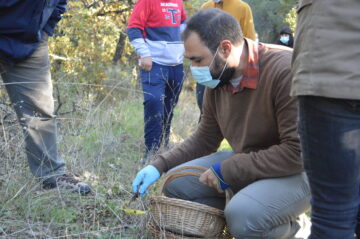
The Lupi EcoClubs programme also has themes that change throughout the year. The programme’s first theme was “on the forest floor”, with a special focus on mushrooms and their important role in decomposing organic matter. This theme was particularly timely when the programme started, given that mushrooms and toadstools are most abundant in the autumn.
While Covid-19 still imposes some constraints, one of the aims of the programme is to take children on guided trips to the field as much as possible. These trips can hopefully grow longer as the virus is controlled.
“The children were so enthusiastic when I took them to see mushrooms growing near where they lived and studied,” says Marco Ferraz, an environmental educator at ATNatureza with extensive experience in developing nature-based field activities for young people. “I think they felt like true environmental explorers, finding and identifying different types of mushroom and then posting photos of their discoveries on Instagram.”
Future plans
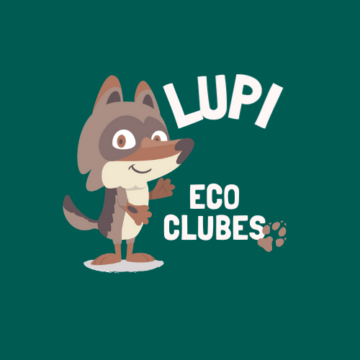
There are six schools currently involved – all from the Guarda District – although this number will increase during 2021. Future years will see the programme move to include other schools in other locations across the rewilding area.
